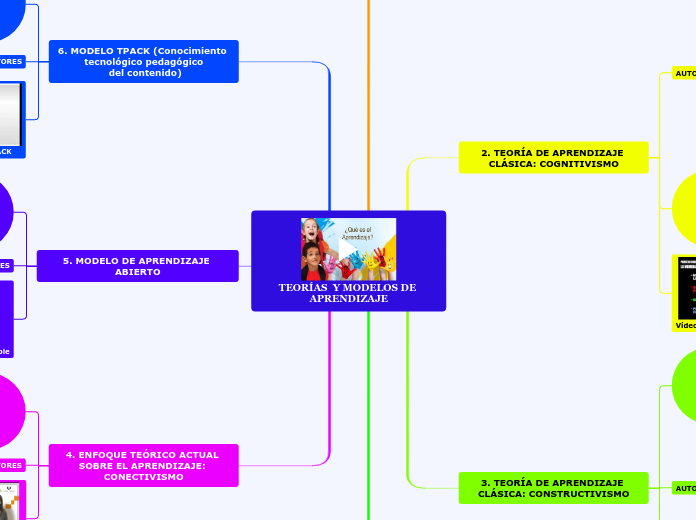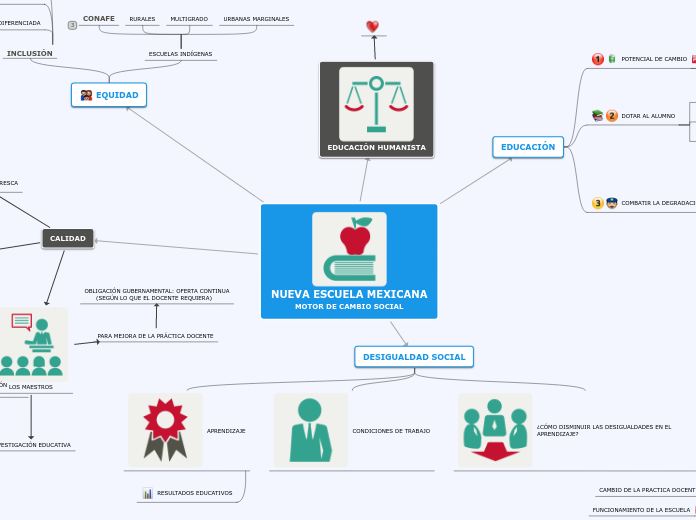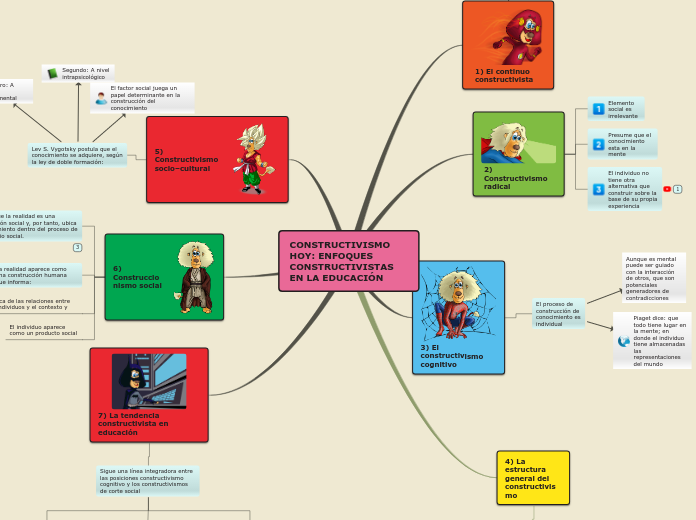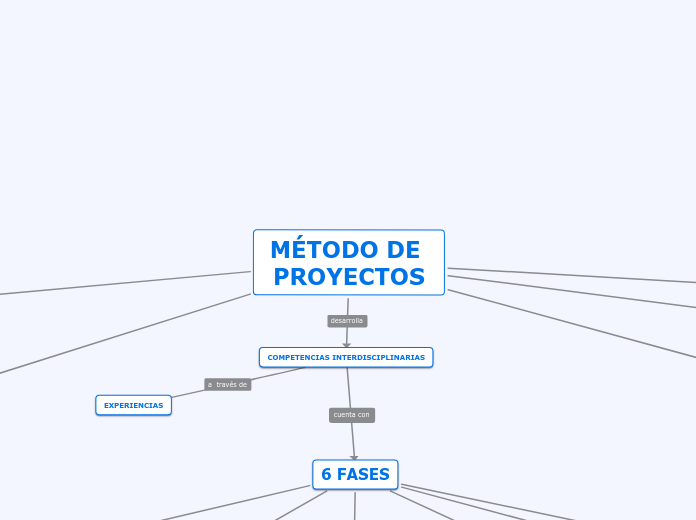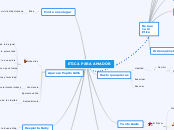par María Lucero Il y a 5 années
440
TEORÍAS Y MODELOS DE APRENDIZAJE
Las teorías de aprendizaje son construcciones teóricas que explican cómo los seres humanos adquieren conocimientos, integrando diversos elementos como los biológicos, sociales, culturales y emocionales.
